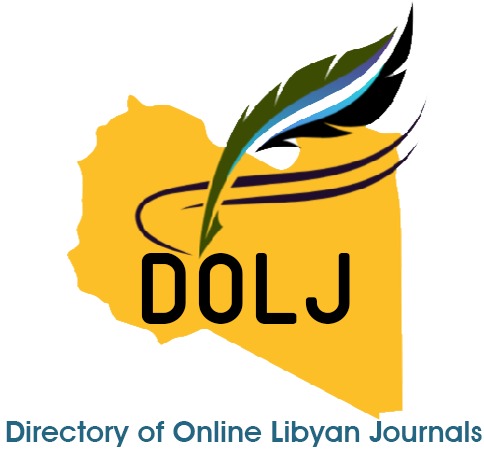Self-Archiving Policy
The journal is committed to supporting open access and promoting the circulation of scientific knowledge. Therefore, it allows authors to self-archive their research work according to clear terms that ensure respect for copyright and protection of the published version.
What is meant by self-archiving?
Self-archiving means that the author deposits a copy of their research in a personal or institutional digital repository (such as university websites or open academic platforms), facilitating access to the research by the academic public and researchers.
What is allowed to be archived:
• The version accepted for publication: This is the version accepted after peer review and revisions, and before the final publication of the journal.
• Article metadata: such as the title, author's name, abstract, keywords, and publication details.
What is not permitted to be archived:
• The final published version: This is the version that appears on the journal's website after editing and layout, including the journal's official formatting, logo, and visual elements, unless explicitly approved by the journal or subject to a license permitting this.
Archiving Conditions:
• The archived version must include a clear reference to the journal in which the research was published, in addition to the official link to the article on the journal's website.
• Modification of the archived version's content after it has been accepted for publication is not permitted.
• Any embargo period decided by the journal must be respected before self-archiving is permitted, if applicable.
Permitted Archiving Locations:
• Institutional repositories of universities and institutes.
• Specialized research repositories (such as HAL, SSRN).
• Authors' academic websites or profiles on scholarly platforms such as ResearchGate or Academia.edu, in accordance with copyright policies.
Policy Objectives:
Through this policy, the journal seeks to:
• Promote the widespread dissemination of published research.
• Support researchers in increasing the impact of their scientific research.
• Ensure a balance between freedom of access and copyright protection. Copyright.







